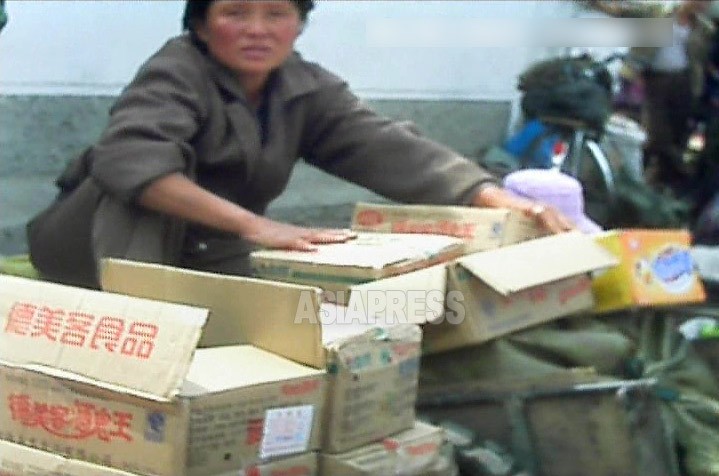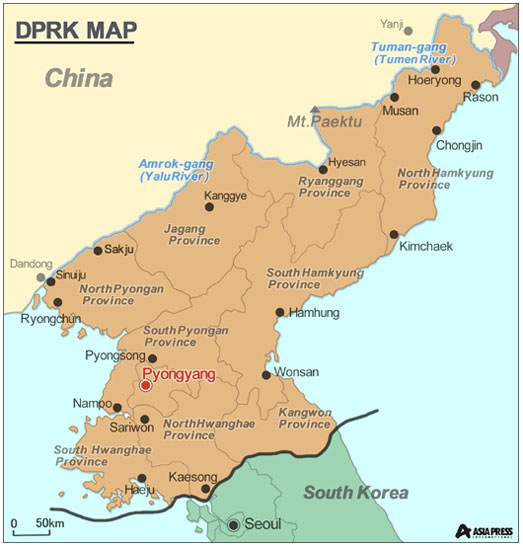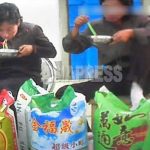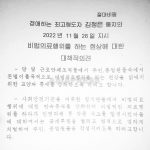
fa-arrow-circle-right<Inside N. Korea>Using market surveys to understand the economic situation(1)…Chinese-made products nowhere to be found…Replaced by domestic soap, toothpaste and clothing
ASIAPRESS conducted detailed market surveys in two cities in the northern region of North Korea in mid-April. This is the second installment of our reporting based on the results of these surveys and focuses on the availability and prices of basic necessities. The Kim Jong-un regime has heavily restricted imports from China as part of efforts to prevent the spread of COVID-19 into the country. There are certain necessities that have jumped more than 10 times in price as a result of the fall in trade activities. (ISHIMARU Jiro, KANG Ji-Won)
◆ Skyrocketing prices for flavor enhancers
Among basic necessities on sale in North Korea are goods that either cannot be produced domestically and Chinese-made items that have enjoyed almost a complete monopoly in the markets, including white sugar, flavor enhancers (sodium glutamate, also referred to as miwon), and cooking oil (soybean oil).
While domestically made flavor enhancers circulated in North Korea’s markets before the pandemic, ASIAPRESS found in April that only Chinese-made flavor enhancers were sold in Hyesan and “City A” in North Hamgyung Province. This appears to be because raw materials to manufacture the products are no longer imported from China.
The dramatic rise in prices of the flavor enhancers was surprising. Before the pandemic, flavor enhancers cost just 13,000 to 15,000 KPW per kilogram, and they rose to 200,000 KPW per kilogram at one time in the summer of 2021. The flavor enhancers cost just around 38,000 KRW in mid-April, when 1,000 KPW equaled around 190 KRW. Despite the fall in price by mid-April, flavor enhancers still cost around 10 times more than before the pandemic.
◆ Chinese-made food items briefly disappear from the markets
Chinese-made soybean oil cost 8,000 KPW per kilogram before the pandemic, and rose to more than 40,000 KPW per kilogram at one point. It’s price fell, however, following the soybean harvest last fall and the circulation of domestically-made oil in the markets.
The price of both flavor enhancers and soybean oil has stabilized following the significant level of imports of these products following the opening of train-based trade in mid-January of this year.
White sugar, meanwhile, was around 5,000 to 7,000 KPW per kilogram before the pandemic, but then skyrocketed four or five times that much. Korean taffy (yeot), which is made of corn, was then sold in markets as a replacement.
“Chinese-made food items had almost disappeared up until last year, but they made a reappearance after being imported from the start of the year, making their way from Pyongyang and then the provinces,” a reporting partner in Hyesan told ASIAPRESS.
Soy sauce and fermented soybean paste continue to be produced in state-run factories called “goksan factories,”but they are reportedly of poor quality.
“Soy sauce and fermented bean paste look alright in terms of color, but don’t taste good because they’re very salty. Products made by private sellers or Chinese-made items are much better tasting,” one defector told ASIAPRESS.
Meanwhile, injogogi, or artificial meat, is being sold in the markets. It is made by packing together the dregs of soybeans that have been squeezed of their oil before being dried. They are popular because they are full of protein and taste similar to real meat. (To be continued)

“City A” in North Hamgyung Province
| Item (1kg) | Origin | Price |
| White Sugar | China | 23,000 |
| Flavor Enhancers | China | 140,000 |
| Red Pepper Powder | North Korea | 27,000 |
| Soy Sauce | North Korea | 5,200 |
| Fermented Bean Paste | North Korea | 3,800 |
| Salt | North Korea | 2,000 |
| Soybean Oil | North Korea | 26,000 |
| Soybean Oil | China | 23,000 |
| Perilla Oil | North Korea | 55,000 |
| Garlic | North Korea | 22,000 |
| Artificial Meat | North Korea | 3,800 |
Hyesan
| Item (1kg) | Origin | Price |
| White Sugar | China | 25,000 |
| Flavor Enhancers | China | 160,000 |
| Red Pepper Powder | North Korea | 30,000 |
| Soy Sauce | North Korea | 6,000 |
| Fermented Bean Paste | North Korea | 4,200 |
| Salt | North Korea | 2,500 |
| Soybean Oil | North Korea | 28,000 |
| Soybean Oil | China | 25,000 |
| Perilla Oil | North Korea | 50,000 |
| Garlic | North Korea | 28,000 |
| Artificial Meat | North Korea | 3,700 |
※ As of mid-April, 1,000 KPW equaled around 190 KRW.
※ ASIAPRESS communicates with its reporting partners through Chinese cell phones smuggled into North Korea.
- <Inside N. Korea> The Kim Jong-un regime orders city dwellers to the farms to make up for lost time (2022-06-25)
- <Breaking News> Hyesan City Lockdown Completely Lifted: Market and Workplaces Reopened, Citizens Soon to be Mobilized for Farm Work (2022-06-14)
- <Inside N. Korea>Farmers face very difficult conditions with food shortages causing rampant starvation…Labor shortages mean many farm fields remain unweeded and unplanted…Crop yields are down because of recent droughts (2022-06-14)
- A glimpse into North Korea’s COVID-19 situation (2) Urban lockdowns are slowly being lifted, and people in areas where lockdowns have ended are being sent to farms (2022-06-14)
- A glimpse into North Korea’s COVID-19 situation (1) The elderly and young are dying…The authorities determine infections using just temperature checks…Most people are recovering from their symptoms (2022-06-13)

























